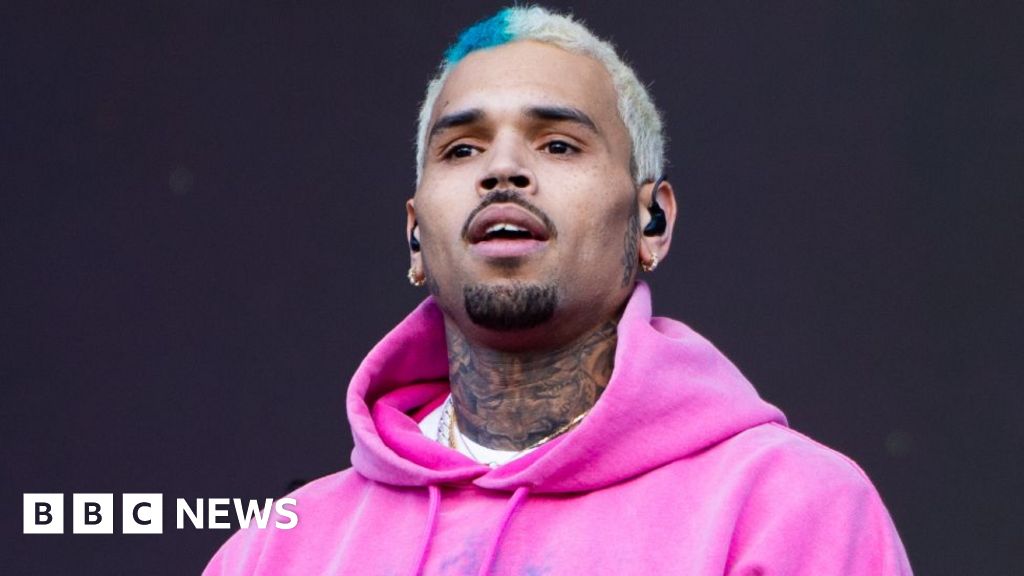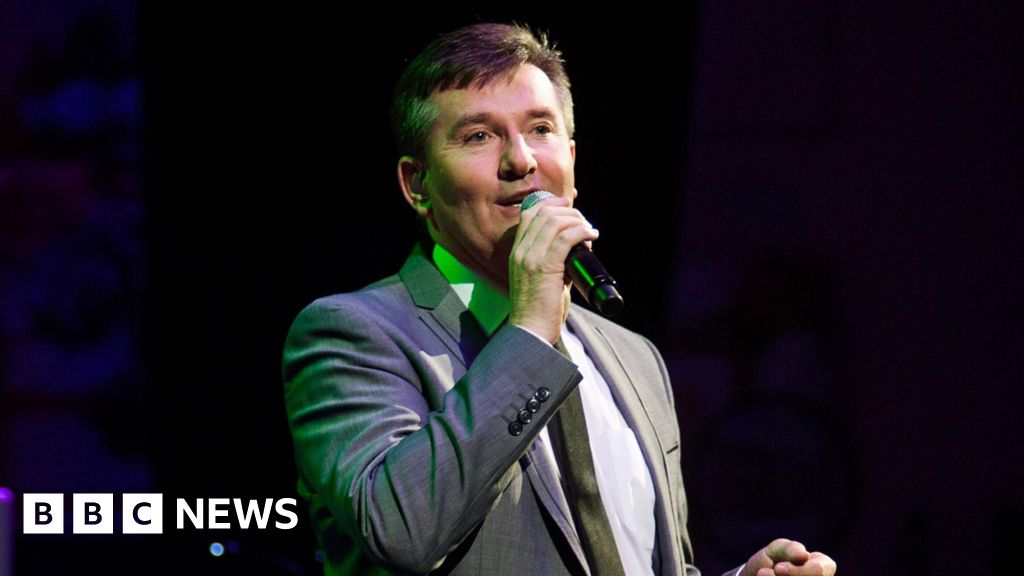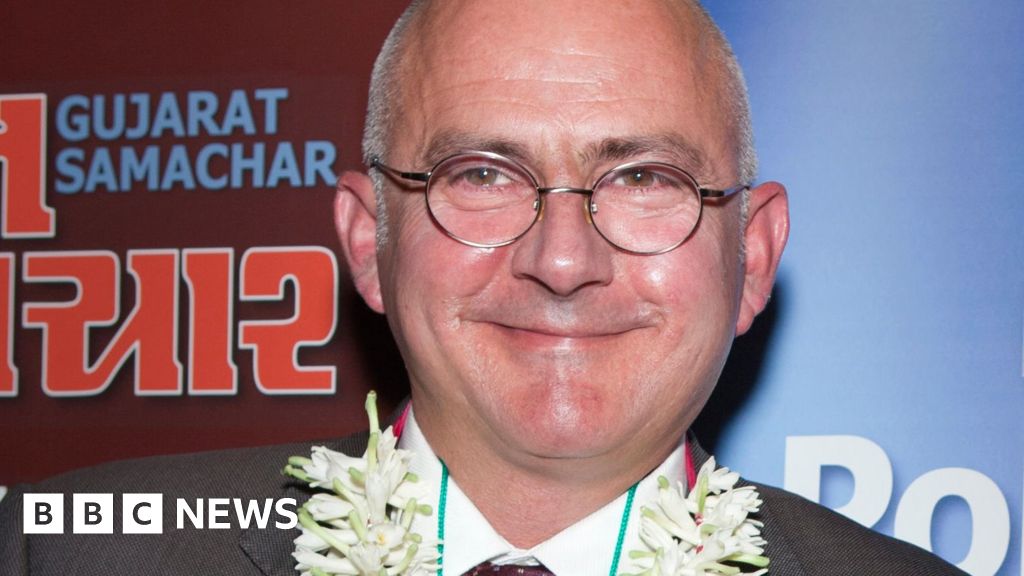ARTICLE AD BOX

By Noor Nanji
Culture reporter
Theatres, critics and industry experts say there has been a significant increase in standing ovations at shows.
It's thought the pandemic has accelerated the trend, with the absence of theatre during Covid lockdowns making audiences more appreciative.
Audiences are also jumping to their feet midway through performances, rather than just at the end.
"There are definitely more standing ovations than there once were," says theatre critic Lyn Gardner.
Suba Das, a trustee at the Theatres Trust, agrees, adding that the type of shows on offer post lockdown may also be driving the trend.
"The sector as a whole has embraced putting on really entertaining, feel-good work. That's the kind of work that encourages people to get to their feet," he tells the BBC.
At The Choir of Man show, in London's Arts Theatre, a rendition of The Parting Glass has just ended.
With that, the performance ends and the entire audience leaps to their feet.
The show is seeing standing ovations most nights of the week. They have even been taking place during some of the songs.
When asked why they took part in the ovation, one audience member responded: "Because it was a great show and I think it just shows appreciation."
Another admitted there was an element of "peer pressure," before his friend added: "You're swept along with it, aren't you?"
Brian Hook, who produces The Choir of Man along with a number of other West End shows, said he had observed many more standing ovations since the pandemic.
He said he thought that was because audiences are "just really excited to be back in theatres again", after enduring lockdowns and social distancing.
"And that's brilliant," he added.
A few roads away, at Sunset Boulevard at the Savoy Theatre - starring American singer Nicole Scherzinger - audiences have also been prompted to stand up during the show.
And it's not just in London's West End. Theatres around the country have all observed the trend.
At Leicester Curve, they're currently having nightly standing ovations for Evita.
Image source, Leicester Curve
Image caption,Audiences have been jumping to their feet at Leicester Curve
At the Royal Exchange Theatre in Manchester, they have also seen an uptick in standing ovations since the pandemic.
The Birmingham Rep says it is witnessing the trend too, including at its recent production of Sinatra the Musical.
And it's happening at the Liverpool Everyman and Playhouse too, with their Cinderella panto being particularly well received.
Gardner said she thought the trend towards more standing ovations had come from the US, where audiences tend to be "more demonstrative" in their support.
And with ticket prices often high, standing up and cheering at the end can be a way for people to "persuade themselves" that they have had a good time, she added.
The Stage Management Association said it had also seen more standing ovations. But it warned there is a risk if they aren't spontaneous, and if they become the norm.
"If they happen all the time, then it could devalue the gesture," it said.
Liz Wyse, etiquette adviser at Debrett's, sounded the same note of caution.
"Like all exuberant behaviour, it takes you off the scale, so if you are really overwhelmed you have nowhere to go aside from making your standing ovation last even longer."
Image source, Getty Images
Image caption,Traditional theatres like Bristol Old Vic have also seen an uptick in standing ovations
At Bristol Old Vic, a Christmas show, Arabian Nights, is under way.
Built in 1766, this theatre knows a thing or two about changing audience behaviour.
Nancy Medina, the theatre's artistic director, told the BBC she's "definitely seeing a lot more standing ovations".
"I think that after the pandemic, people are excited to be back in the theatres, having that collective experience with other audience members [and] appreciating good work on our stages," she said.
Not everyone can physically jump up onto their feet at the end of a show, such as those using wheelchairs or elderly people.
But Medina said there were many other ways people can express their appreciation of art, such as clapping and whistling, and that they should be free to do so.
"I don't want to judge anyone's response to how they're receiving a piece of art," she said.
That's something that one of the actors in Arabian Nights, Saikat Ahamed, agrees with.
"We've got to be really careful that we don't become snobs about theatre etiquette," he said.
"There are certain things we don't want, we don't want fights breaking out, we don't want people heckling necessarily, unless maybe sometimes in a panto," he said.
"But generally, we just want people engaged."

 1 year ago
30
1 year ago
30








 English (US) ·
English (US) ·